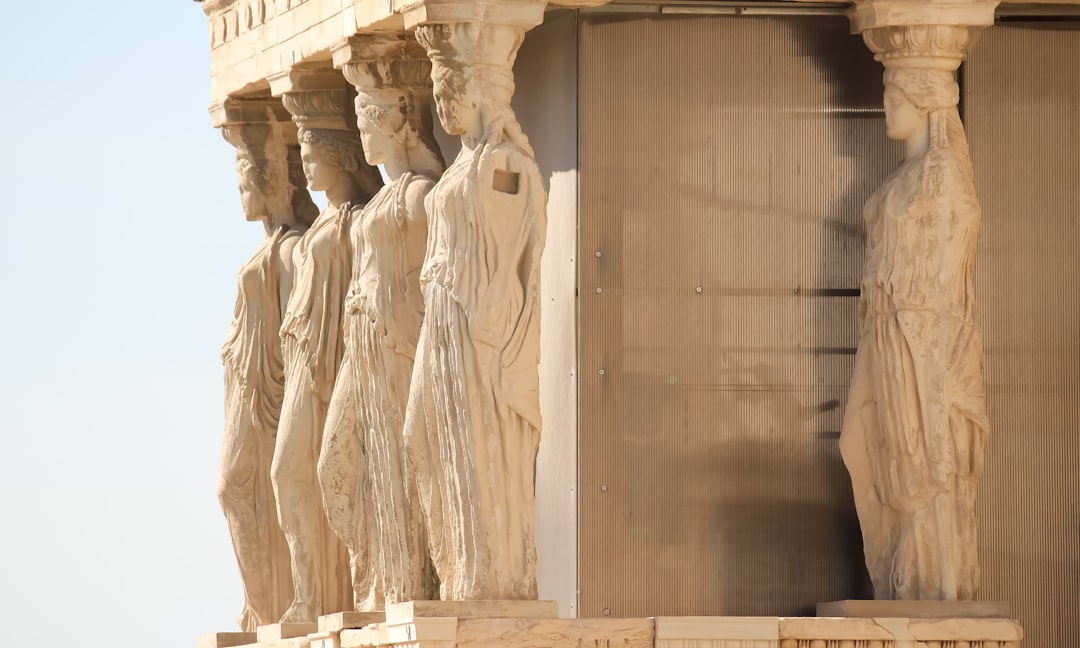Featured Image
Why is it important?
Since the late twentieth century, republicanism has been the subject of renewed interest in contemporary political theory. In France, subsequent to 1989, this revival brought debates about cultural and religious diversity to the philosophical forefront. Thus, it is now possible to distinguish between a plurality of perspectives, each claiming specific interpretations of republicanism and each positioning itself differently to meet these cultural and religious challenges. This article situates the Report of the Committee of Reflection on the Application of the Principle of Secularity in the Republic with regard to these issues.
Perspectives
Le républicanisme n’est pas un corps doctrinal monolithique. Même dans un pays comme la France, où les valeurs républicaines semblent faire consensus, il existe d’importantes différences parmi les propositions concernant le modèle de gestion de la diversité à privilégier. Il ne suffit donc pas de considérer que le rapport Stasi se rattache à la tradition républicaine française; ce qui importe, c’est de l’examiner à la lumière des réponses que donne cette tradition à la diversité, afin de mieux le comprendre.
Karel J. Leyva
University of Montréal/École pratique des hautes études-Paris
Read the Original
This page is a summary of: Multiculturalisme et laïcité en France : les trois républicanismes du rapport Stasi, Dialogue, December 2015, Cambridge University Press,
DOI: 10.1017/s0012217316000020.
You can read the full text:
Contributors
The following have contributed to this page










